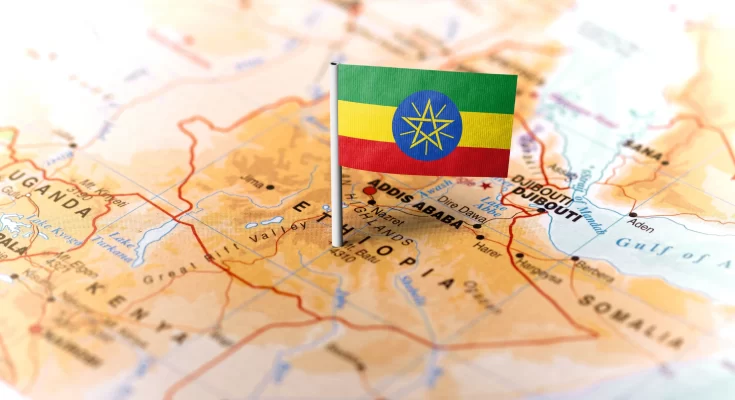Ethiopia’s New Gambling Tax Regime Raises Offshore Betting Concerns. Ethiopia’s fast-expanding betting industry is entering a new era of regulation and taxation, one that experts warn could reshape the market’s dynamics and drive some activities underground.
Under the new Tax Proclamation No. 1395/2025, effective from July 17, 2025, the government increased the withholding tax on betting winnings from 15% to between 20% and 25%, while retaining a 15% turnover tax on operators’ total wagers or sales.
The changes form part of broader fiscal reforms intended to improve government revenue and standardize taxation across sectors. However, industry stakeholders argue the higher rates could make compliance harder for betting firms and less rewarding for players.
Analysts Warn of Potential Market Strain
A recent analysis by Betrush, a global betting intelligence platform, noted that the tax adjustments could have “layered consequences” for Ethiopia’s regulated betting market.
The report emphasized that smaller operators are likely to face margin compression, limiting their ability to reinvest in marketing, player bonuses, or technological upgrades. Meanwhile, bettors may experience smaller payouts and fewer promotional offers, weakening the appeal of licensed betting platforms.
“The game has changed,” Betrush observed, adding that the new environment could push smaller operators out while larger, well-capitalized firms consolidate market control.
Offshore Betting Platforms Gaining Attention
As official taxes rise, experts caution that unlicensed offshore platforms could see a surge in user activity. These sites, often operating outside Ethiopia’s regulatory oversight, advertise higher rewards and lower tax deductions, making them attractive to players seeking better returns.
However, analysts stress that such a shift could undermine government revenue goals and expose bettors to unregulated, high-risk environments lacking basic consumer protections.
If the trend continues, authorities may face the dual challenge of enforcement and tax leakage, a pattern seen in other African jurisdictions after similar tax hikes.
See Also: Nigeria to Grant 50 Tax Exemptions for Low-Income Earners and SMEs from 2026
Balancing Fiscal Goals and Market Stability
Ethiopia’s Ministry of Finance has defended the new measures, framing them as part of a wider push to modernize fiscal policy, enhance state revenue, and curb gambling-related harms.
The country’s population of over 134 million, nearly half of whom are under 20, represents one of Africa’s largest potential betting markets. Combined with rising mobile penetration and digital payments, Ethiopia has become a regional hub for online gaming.
Tax analysts, however, argue that a “balanced taxation model” is essential to sustain the industry’s contribution to the economy. They recommend that Ethiopia study markets such as Kenya and South Africa, where comparable levies exist but are supported by clear compliance structures and digital monitoring systems.
Industry Outlook: Adapt or Exit
With Africa’s gaming sector projected to grow from $2.16 billion in 2024 to over $10.8 billion by 2033, Ethiopia’s response to the new tax policy will determine its role in the continent’s gaming future.
Experts believe operators who swiftly adapt to digital compliance, cost efficiency, and player protection standards will continue to thrive, while those unable to absorb the tax burden may exit the market.
In the words of Betrush, “The new tax regime is not just a fiscal change — it’s a stress test for Ethiopia’s betting industry, and only those who evolve will remain in play.”




